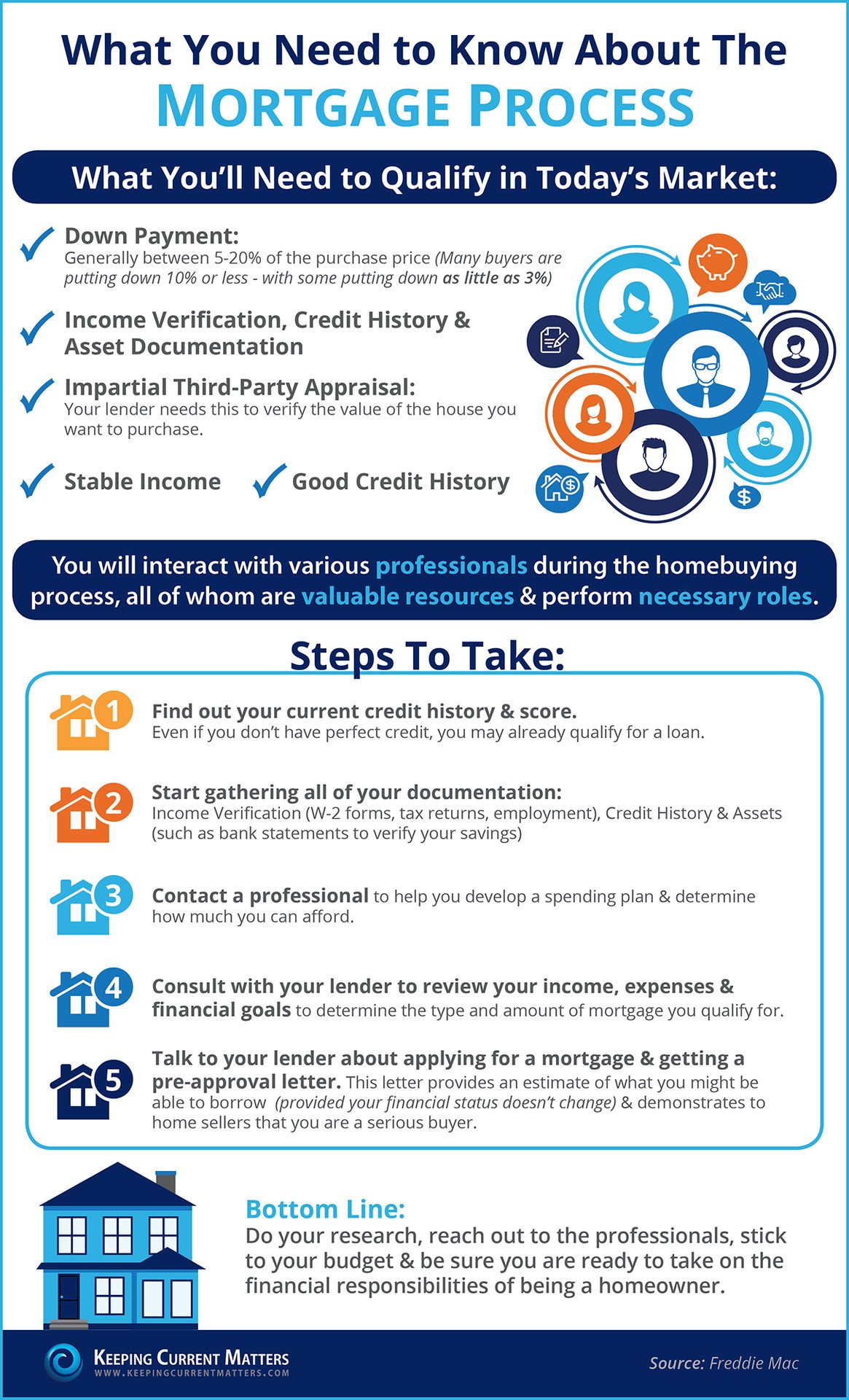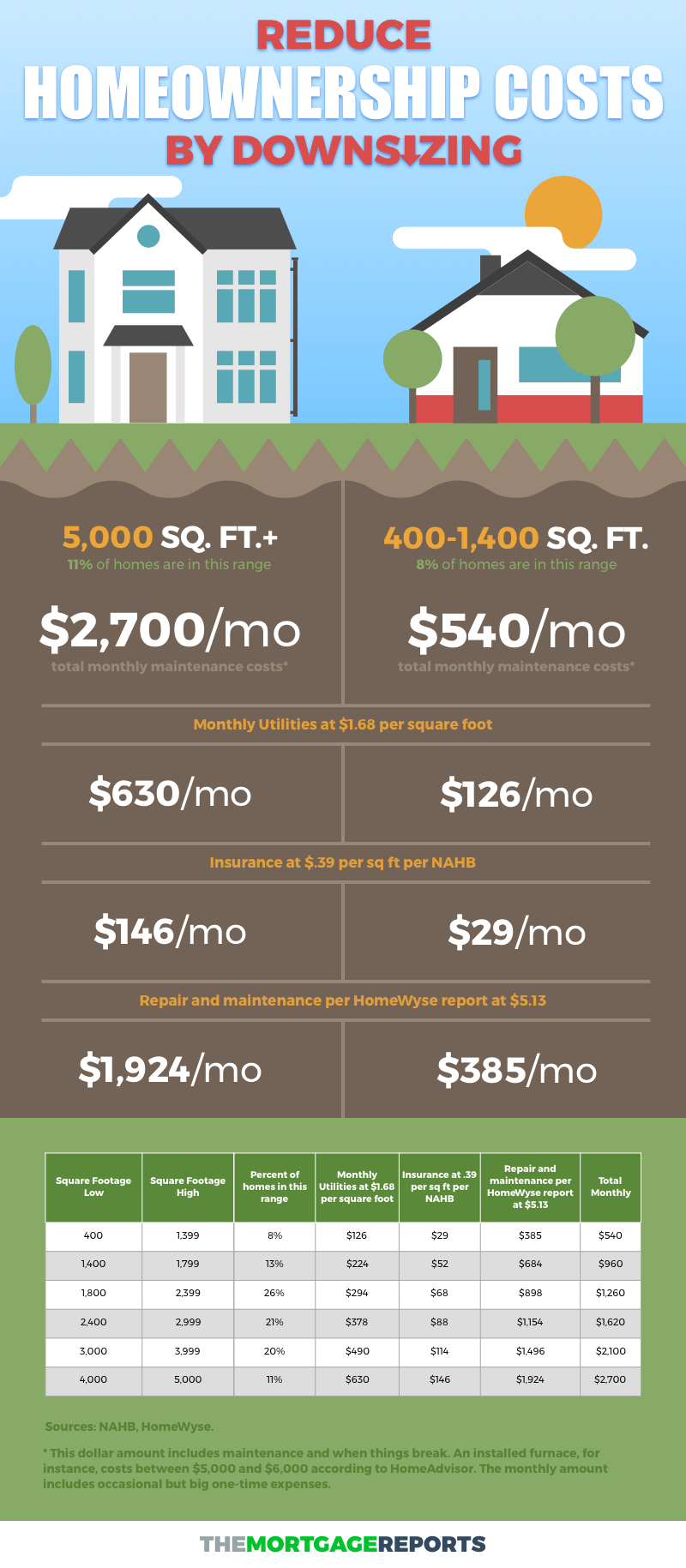Written by-Tang Lentz
Have you had past home mortgages? No matter if you are a newbie or a homeowner wanting to refinance, there are many things to know about the changing mortgage market. If you wish to get the mortgage that you desire, you have to figure out what the changes are. Read on for information that will be able to help you.
To find out what your mortgage payments would be, go through the loan pre-approval process. Do some shopping to know what your eligibility looks like, so you can better estimate the price range you have. Once you have this information, you can figure out your monthly payment amount.
It is usually required that you have a solid work history if you wish to be approved for a home loan. Most lenders require at least two years of steady work history to approve a loan. Changing jobs can also disqualify you from a mortgage. Do not quit your job while you are involved in the mortgage loan process.
Know your credit score before going in to get a mortgage. Your potential lender will do their own homework on this, but you should arm yourself with the intel as well. Knowledge is power in terms of the negotiations to follow. If you aren’t clear on your strengths and weaknesses, then a lender can more easily use the knowledge against you.
If you are offered a loan with a low rate, lock in the rate. Your loan may take 30 to 60 days to approve. If you lock in the rate, that will guarantee that the rate you end up with is at least that low. Then you would not end up with a higher rate at the end.
Learn about your property value before you apply for a mortgage. The home may look the same or better to you, but the bank has an entirely different view.
Pay down your debt. You should minimize all other debts when you are pursuing financing on a home. Keep your credit in check, and pay off any credit cards you carry. This will help you to obtain financing more easily. The less debt you have, the more you will have to pay toward your mortgage.
Learn about the three main types of home mortgage options. The three choices are a balloon mortgage, a fixed-rate mortgage, and an adjustable-rate mortgage (ARM). Each of these types of mortgages has different terms and you want to know this information before you make a decision about what is right for you.
Look into credit unions. There are many options for obtaining financing and credit unions have their strengths. Often credit unions will hold mortgages in their private portfolio. Banks and other financial institutions routinely sell mortgages to other holding companies. This could result in your loan changing hands multiple times over its lifetime.
Never assume that a good faith estimate is fact or written in stone. It is in fact not just an estimate, but one written in good faith. Always be wary of extra costs and fees that can creep into the official and formal paperwork later that drive up your total expense.
Know your mortgage interest rate type. When you are obtaining home financing you should understand how the interest is calculated. Your rate could be fixed or it could be adjustable. With fixed interest rates, your payment will usually not change. Adjustable rates vary depending on the flow of the market and are variable.
Adjustable rate mortgages or ARMs don’t expire when their term ends. However, the rate is going to be adjusted to match the rate that they’re working with at the time. This is risky because you may end up paying more interest.
https://s3.amazonaws.com/financial-service-2/VA-loan.html like. Mortgage lenders are usually covered by regulations via their own state. Look at the rules concerning lenders in that state. This will give you a better feel for their governing licenses and liabilities. Do a check of their reputation with the Better Business Bureau as well.
Do not change financial institutions or move any money while you are in the process of getting a loan approved. If there are large deposits and/or money is being moved around a lot, the lender will have a lot of questions about that. If you don’t have a solid reason for it, you may end up getting your loan denied.
Shop around when looking for a mortgage. Be certain that you shop various lenders. However, also make sure that you shop around among a number of brokers too. Doing you can try here is the only way to make sure that you are scoring your best possible deal. Aim for comparing three to five of each.
You should build up your savings before you go out and apply for a mortgage loan. You need to show cash reserves available for your closing costs, your down payment and other related expenses. Of course, the more you can put down, the better the terms of your mortgage will be.
You should never lie on a mortgage application. It is a terrible idea to lie when applying for mortgage loans. Tell the truth about income and assets. Otherwise, you could end up with an unmanageable level of debt. It might seem like a good idea in the beginning, but it will come back and bite you in the future.
Home mortgage lenders follow a variety of guidelines for underwriting. Do not become too discouraged if you are turned down by several lenders. Find out what you need to correct and make adjustments accordingly. Continue to strengthen your credit rating and gather your documentation. Apply with different lenders until you find a good match.
The rates that you see posted at the bank are only guidelines and not the set rates. Look for someone offering a better rate and then talk to the bank about it. They may be willing to negotiate.
Many financial institutions have tightened their guidelines for granting home mortgages since the home mortgage crisis. This makes getting a mortgage quite difficult unless you have a substantial downpayment and good credit. Use the tips you read about in this article to assist you in getting a mortgage at a great rate.





